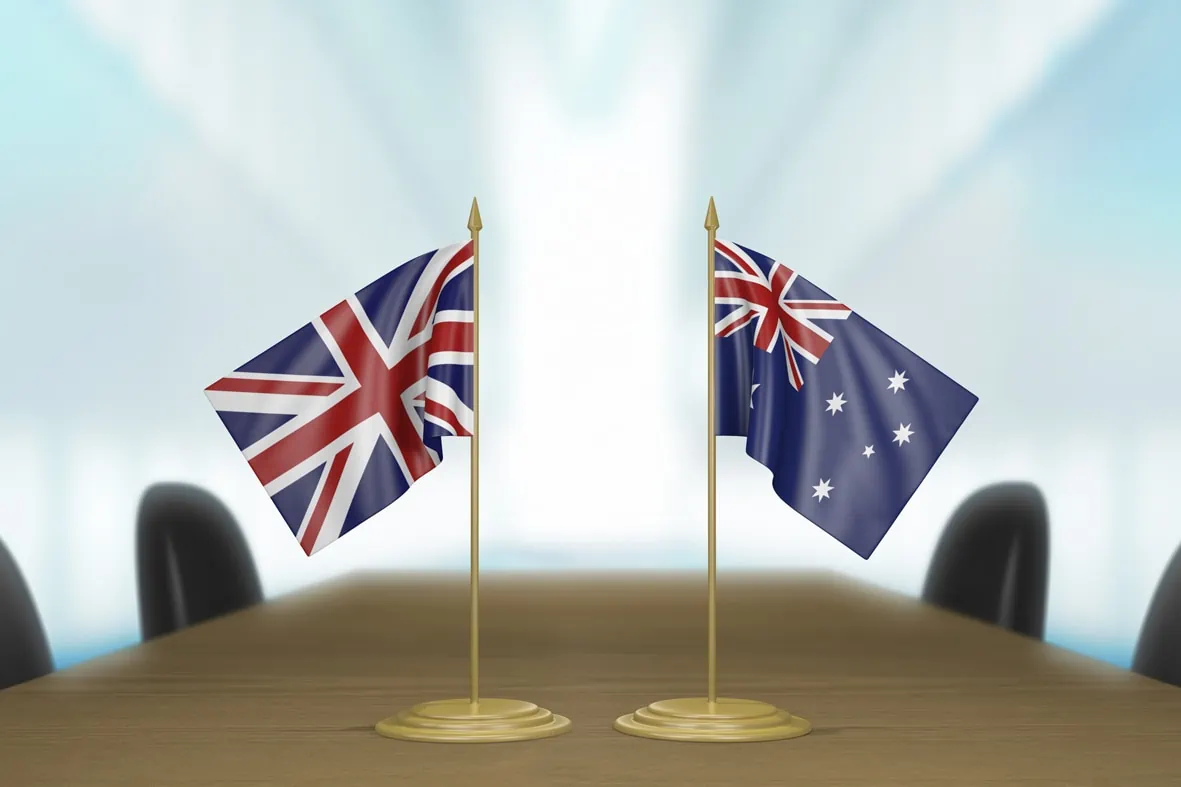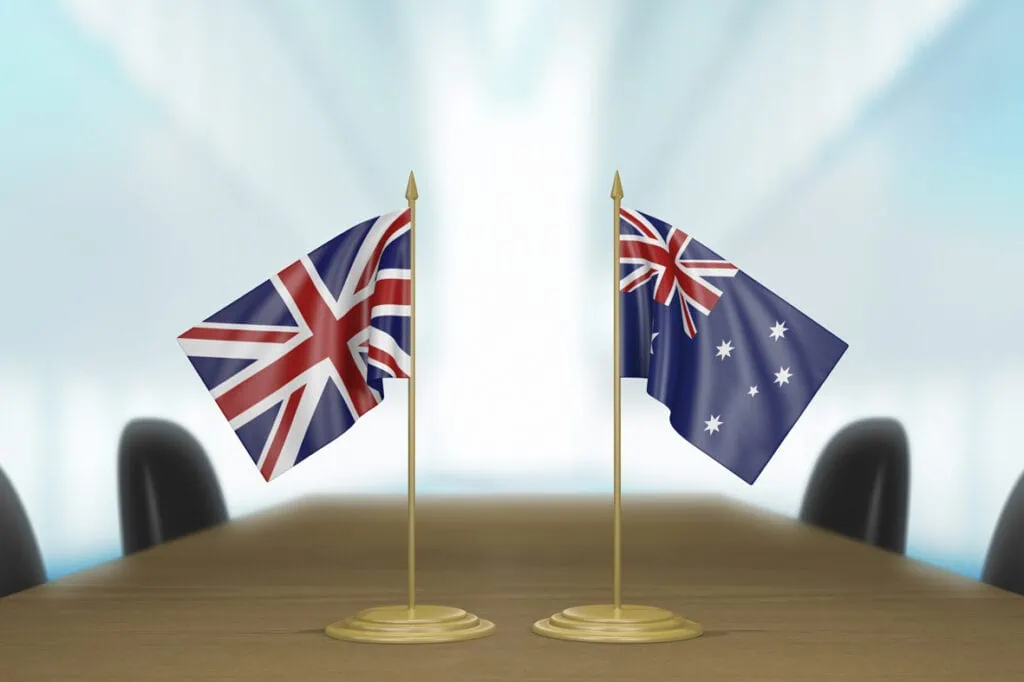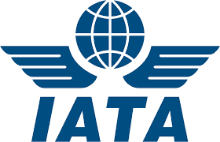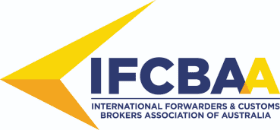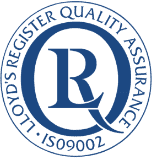30th May, 2023
Australia–UK Free Trade Agreement – What Importers Need to Know:
The Free Trade Agreement between Australia and the United Kingdom will enter force tomorrow, 31 May 2023. This announcement will provide information on the agreement and how to claim the benefits of this free-trade agreement.
The Australia Boarder Force has also published an extensive Guide to assist you in utilising this agreement.
Commencement:
The Australia-UK FTA will commence on 31 May 2023. For imports to Australia, this will apply to goods imported after this date and goods imported before this date, where the date for determining customs duty has yet to pass.
Document Requirements:
The Australia-UK FTA is not overly complex in its documentation requirements compared to other FTAs. There is no requirement for a government-issued certificate of origin. However, the origin can be proven in two ways:
- A declaration of origin produced by a manufacturer, producer or exporter; or
- An importer’s knowledge that the good is originating in either Australia or the UK.
Declaration of Origin:
In respect of the declaration of origin:
- There is no prescribed format,
- It can be in electronic form;
- It can be on an invoice or other commercial document;
- It must meet specified data requirements. This includes a specifically worded declaration, a description of the goods, the tariff classification of the goods and specifying the rule of origin that applies.
- Users of the FTA should specifically review these requirements, as a failure to leave out one required piece of data could invalidate the claim for duty-free entry.
- A declaration can cover multiple consignments of identical goods over 12 months.
- A declaration of origin is valid for 12 months after the date that it is completed.
Importer’s knowledge:
A declaration of origin is not mandatory. An importer can rely on their knowledge of origin to claim the preference. However, caution should be exercised. A customs broker should require documentary evidence to support the importer’s claim. What documents will be required will vary from case to case.
The knowledge must be that the goods satisfy the rules of origin in this particular FTA. It will not be enough that the quality of the goods is of “UK origin” under other free trade agreements. Just because a good is exported from the UK or the importer understands that it is “made in the UK” does not mean it will qualify under the Australia-UK free trade agreement.
Direct Shipment:
Like most FTAs, the goods are not required to be directly shipped to Australia. However, it is a requirement that the goods are kept from free circulation in a country other than the UK or Australia. For instance, if UK goods are shipped to a European or Asian distribution center prior to shipment to Australia, the goods may lose their qualifying status.
Additionally, it is essential that the goods do not undergo further processing once they leave the UK other than certain permitted acts such as repacking, storage, labelling or marking required by Australia.
Tariff Outcomes:
This
FTA offers substantial benefits to both Australian and UK importers. Regarding
UK imports into Australia, almost all UK goods will be duty-free. The
exceptions are goods subject to excise equivalent duties (tobacco, fuel,
alcohol) and certain steel products.
Australian
exports to the UK have more mixed results. Some goods will have complete duty
reductions immediately on entry into force of the agreement. For other
products, the duty rates will be phased down over time. There will also be some
products that do not have any duty reductions.
Action to Take:
As with any FTA, the key is to look into the details of the FTA and how it applies to your particular products. As a starting point, determine whether you have any trade with the UK attracting duty. If there is, it’s worth assessing whether those goods qualify for the FTA and the duty benefits that can be achieved.
If it makes sense to use the FTA, put procedures in place to ensure that the origin documentation requirements are being met. But remember to check the guidelines to ensure they are followed regularly.
For more information on this matter Book a Free Consultation with our Gava Australia Team.
Regards,
Gava Australia


